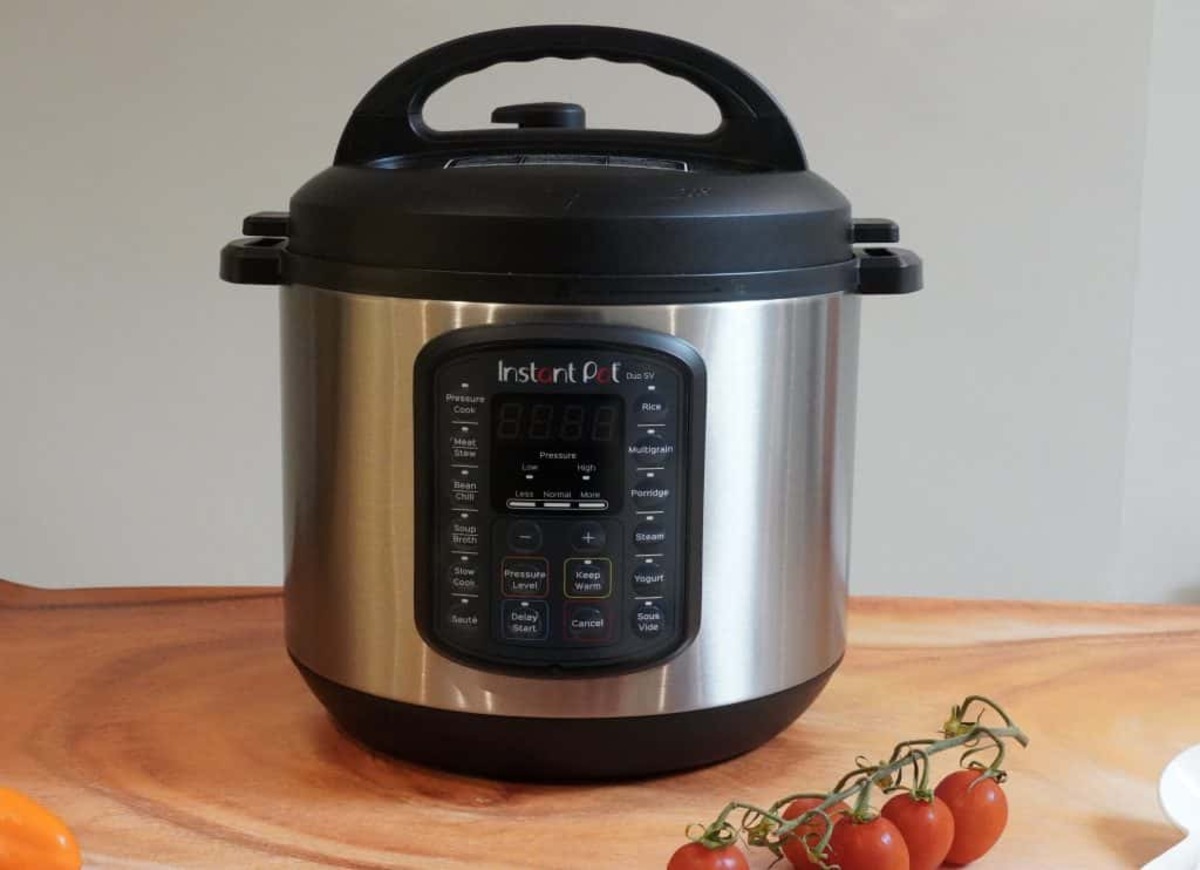

Articles
Why Is My Rice Cooker Making Popping Noises
Modified: May 6, 2024
Discover why your rice cooker is making popping noises with our informative articles. Learn how to troubleshoot and resolve this common issue.
(Many of the links in this article redirect to a specific reviewed product. Your purchase of these products through affiliate links helps to generate commission for Storables.com, at no extra cost. Learn more)
Introduction
Rice cookers have become an essential kitchen appliance for many households. They offer a convenient and foolproof way to cook rice to perfection. However, if you’ve noticed your rice cooker making popping noises, it can be a cause for concern.
In this article, we will explore the reasons behind rice cookers making popping noises and provide you with possible solutions to address this issue. But before we delve into the specifics, let’s first understand how rice cookers work.
A rice cooker is a small electronic appliance designed to cook rice automatically. It typically consists of a heating element, a cooking pot, a thermostat, and a timer. The heating element heats up the cooking pot, which in turn cooks the rice. The thermostat regulates the temperature in the cooker, ensuring that the rice is cooked evenly. The timer allows you to set the desired cooking time, after which the cooker will automatically switch to the “keep warm” mode.
Rice cookers come in various types and sizes, ranging from basic models that cook rice only, to more advanced ones that offer additional features such as steaming and slow cooking.
Now that we have a basic understanding of rice cookers, let’s explore the common noises they can make, including the notorious popping noises.
Key Takeaways:
- Popping noises in rice cookers can signal issues like excess moisture, improper rice-to-water ratios, or inadequate ventilation. Addressing these factors through proper rinsing, cleaning, and adjusting ratios can restore your cooker’s efficiency.
- To ensure safe and optimal performance, follow safety precautions and maintenance tips such as using the right power source, avoiding overfilling, and handling with care. Regular cleaning and inspection will prolong your rice cooker’s lifespan and prevent potential problems.
Understanding Rice Cookers
Rice cookers are designed to simplify the cooking process and yield perfectly cooked rice. They work by utilizing a combination of heat and moisture to steam the rice grains, resulting in a fluffy and delicious outcome. Understanding how rice cookers work can help in troubleshooting any issues, including the popping noises.
When you turn on a rice cooker, the heating element gets activated, and the inner pot starts to heat up. As the water in the pot begins to boil, it creates steam. This steam circulates within the cooker, penetrating the rice grains and cooking them thoroughly. Once the rice is cooked, the cooker switches to the “keep warm” mode to maintain the optimal serving temperature.
Rice cookers can vary in terms of cooking methods and features. Some models use a single heating element at the bottom of the cooker, while others incorporate additional heating elements on the sides for more even heat distribution. Some advanced models may even employ induction heating technology, which provides precise temperature control for superior cooking results.
Additionally, modern rice cookers often come with different settings and options to accommodate different types of rice, such as white rice, brown rice, sushi rice, and more. These settings adjust the cooking time and temperature to ensure that each type of rice is cooked to perfection.
It is essential to note that rice cookers are designed to make cooking rice effortless, but they can also be subjected to certain limitations. Overfilling the cooker, using incorrect rice-to-water ratios, or cooking rice that has not been properly rinsed can affect the cooking process and potentially lead to undesirable noises, such as popping sounds.
Now that we have a better understanding of rice cookers let’s move on to exploring the common noises they can make and what those noises might indicate.
Common Noises and Their Causes
While rice cookers are generally known for their quiet and efficient operation, there are a few noises that they may produce from time to time. Understanding these common noises can help you identify any potential issues and take appropriate actions.
1. Water bubbling or boiling sounds: This is a normal sound that you may hear when the water inside the rice cooker starts to boil. It indicates that the cooking process is underway, and the rice is being steamed. These sounds are typically gentle and consistent, and they should subside as the rice gets closer to being fully cooked.
2. Clicking or ticking sounds: Some rice cookers have a mechanical timer or a control panel with buttons, which can result in clicking or ticking sounds during operation. This noise is usually harmless and is merely the sound of the internal components functioning.
3. Soft hissing or sizzling sounds: As the steam circulates within the rice cooker, you may hear soft hissing or sizzling sounds. This is normal and indicates that the steam is doing its job of cooking the rice effectively.
4. Popping noises: Popping noises can be of concern if they are loud or unusual. These noises usually occur due to excessive moisture escaping from the rice grains or the buildup of pressure inside the cooker. Popping sounds can also be a result of rice grains hitting the hot surfaces of the cooker or uneven cooking.
Now that we have discussed some common noises, let’s focus on the specific issue of popping noises and what they could potentially mean.
Popping Noises: What Do They Mean?
Popping noises from your rice cooker can be a cause for concern, as they may indicate an issue that needs to be addressed. These noises can occur for several reasons, and understanding their potential meanings can help you troubleshoot the problem.
1. Excessive moisture in the rice: One possible reason for popping noises is the presence of excess moisture in the rice. When rice grains are not properly rinsed or the cooking liquid is not measured accurately, this can lead to an excess of moisture. As the water inside the cooker boils and turns into steam, the moisture can escape rapidly, causing the popping sounds. This can also result in uneven cooking and sticky rice.
2. Improper rice-to-water ratio: Using an incorrect rice-to-water ratio can also contribute to popping noises. If there is too much water in the cooker relative to the amount of rice, it can create excess steam and pressure. This can cause the rice grains to burst and make popping sounds. It is important to follow the manufacturer’s instructions or a trusted recipe for the appropriate rice-to-water ratio.
3. Inadequate ventilation: Insufficient ventilation within the rice cooker can lead to the buildup of pressure. As the steam tries to escape, it can cause the rice grains to explode, resulting in popping noises. This can happen if the steam vents or release valves are clogged or blocked. Regular cleaning and maintenance of these components can help prevent this issue.
4. Foreign objects or debris: Sometimes, popping noises can be caused by small foreign objects or debris that have found their way into the rice cooker. These objects can get trapped between the heating elements or the inner pot, causing popping sounds as they come into contact with the hot surfaces. Thoroughly inspecting and cleaning the cooker can help eliminate this problem.
If you are experiencing popping noises from your rice cooker, it is a good idea to investigate the cause and take appropriate actions. Addressing the issue promptly can help prevent any further damage and ensure that your rice cooker operates safely and efficiently.
In the next section, we will discuss some possible solutions for addressing the popping noises and restoring your rice cooker to its optimal functionality.
Check if the rice cooker is properly sealed and the steam valve is not blocked. Popping noises can occur if there is excessive steam buildup. If the issue persists, contact the manufacturer for assistance.
Possible Solutions for Popping Noises
If your rice cooker is making popping noises, there are several steps you can take to address the issue and prevent further problems. Here are some possible solutions to consider:
1. Check the rice-to-water ratio: Ensure that you are using the correct rice-to-water ratio as specified by the manufacturer or a trusted recipe. Using too much water can lead to excess steam and pressure, causing popping sounds. Adjust the measurements accordingly to achieve the desired consistency of cooked rice.
2. Rinse the rice properly: Before cooking the rice, make sure to rinse it thoroughly under running water. This helps to remove any excess starch on the surface of the grains, reducing the chances of excess moisture and popping sounds. Use a fine-mesh strainer to rinse the rice until the water runs clear.
3. Clean the rice cooker: Regularly clean your rice cooker to ensure proper ventilation and prevent the buildup of debris that could cause popping noises. Remove any food residues or foreign objects that may have accumulated inside the cooker. Use a damp cloth or sponge to wipe the inner pot and the heating element, if accessible.
4. Check the steam vents: Inspect the steam vents or release valves to ensure they are not clogged or blocked. Use a small brush or toothpick to gently clean any debris or residue that may be obstructing the vents. This will help prevent pressure buildup and eliminate the popping sounds.
5. Avoid overfilling the cooker: Do not exceed the recommended maximum capacity of your rice cooker. Overfilling the cooker can lead to insufficient space for proper steam circulation, resulting in popping noises. Follow the guidelines provided by the manufacturer for the appropriate amount of rice and water to use.
6. Allow the rice to rest before serving: Once the rice is cooked, let it rest in the rice cooker for a few minutes before serving. This allows any excess moisture to be absorbed and reduces the likelihood of popping sounds when the rice is being served or transferred to a serving dish.
By following these solutions, you can mitigate the popping noises in your rice cooker and ensure that it operates smoothly and efficiently. However, if the issue persists or worsens, it may be necessary to contact the manufacturer or seek professional assistance.
Now that we have explored possible solutions, let’s move on to discussing some safety precautions and maintenance tips to keep your rice cooker in optimal condition.
Read more: Why Do I Hear Popping Noises In My Attic
Safety Precautions and Maintenance Tips
Ensuring the safety and longevity of your rice cooker involves taking some necessary precautions and following proper maintenance practices. Here are some key safety tips and maintenance guidelines to keep in mind:
1. Read the manual: Before using your rice cooker, thoroughly read and understand the instruction manual provided by the manufacturer. Familiarize yourself with the specific features, settings, and safety precautions recommended for your model.
2. Use the right power source: Ensure that your rice cooker is plugged into a suitable power source that meets the required voltage and wattage specifications. Avoid using extension cords or power outlets that are unreliable or incompatible.
3. Place the rice cooker correctly: Position your rice cooker on a flat, stable, and heat-resistant surface. Avoid placing it near flammable materials, such as curtains or paper towels. Allow sufficient space around the cooker for proper ventilation and heat dissipation.
4. Avoid overfilling: Do not exceed the recommended maximum capacity of your rice cooker. Overfilling can lead to insufficient space for steam circulation, resulting in improper cooking and potential popping noises. Follow the manufacturer’s guidelines for rice and water ratios.
5. Clean regularly: Regularly clean your rice cooker to remove food residues, prevent the buildup of debris, and maintain optimal performance. Follow the manufacturer’s instructions for cleaning and maintenance, paying special attention to the inner pot, steam vents, and heating elements.
6. Handle with care: When handling the rice cooker, use oven mitts or heat-resistant gloves to protect your hands from burns. Avoid touching the hot surface of the cooker or the inner pot immediately after cooking. Allow sufficient cooling time before cleaning or storing.
7. Avoid abrasive materials: Do not use abrasive materials or harsh cleaning agents on the inner pot or other parts of the rice cooker. This can damage the non-stick coating or other surfaces. Instead, use a soft sponge or cloth with mild soap and warm water for cleaning.
8. Regularly inspect and replace parts: Periodically inspect the power cord, plug, and other components of your rice cooker for any signs of damage or wear. If any part appears damaged or faulty, discontinue use and contact the manufacturer for appropriate replacements.
By following these safety precautions and maintenance tips, you can ensure the safe and efficient operation of your rice cooker. Regular cleaning, proper handling, and adherence to the manufacturer’s guidelines will help prolong the lifespan of your appliance and minimize potential issues.
Now, let’s conclude our article with a brief summary.
Conclusion
Rice cookers are a convenient and efficient kitchen appliance that simplifies the process of cooking rice. However, if you notice your rice cooker making popping noises, it is important to investigate the issue to ensure proper functioning and prevent any potential damage.
In this article, we explored the common noises that rice cookers can make and focused specifically on popping noises. We discussed various factors that can contribute to popping sounds, such as excessive moisture, improper rice-to-water ratios, inadequate ventilation, and foreign objects.
To address the issue of popping noises, we provided several possible solutions, including adjusting the rice-to-water ratio, properly rinsing the rice, cleaning the rice cooker, checking the steam vents, avoiding overfilling, and allowing the rice to rest before serving.
We also emphasized the importance of safety precautions and maintenance tips for your rice cooker. Reading the manual, using the right power source, placing the cooker correctly, regular cleaning, handling with care, and inspecting and replacing parts when necessary will help ensure the safe and efficient operation of your rice cooker.
Remember to always follow the manufacturer’s instructions and guidelines specific to your rice cooker model. If the popping noises persist or worsen despite your efforts, it is advised to contact the manufacturer or seek professional assistance for further analysis and repair.
In conclusion, by understanding the causes of popping noises, implementing the suggested solutions, and maintaining your rice cooker properly, you can enjoy deliciously cooked rice without any unwanted sounds. Your rice cooker will continue to serve you reliably, providing you with perfectly cooked rice for many meals to come.
If you're intrigued by the sounds your rice cooker makes, you might also be curious about other household upkeep tasks. Regular home maintenance ensures everything runs smoothly, preventing costly repairs and extending the lifespan of your appliances and systems. Dive into our comprehensive guide on maintaining your home efficiently. With practical advice, you'll learn to tackle essential tasks that keep your living space in top shape year-round.
Frequently Asked Questions about Why Is My Rice Cooker Making Popping Noises
Was this page helpful?
At Storables.com, we guarantee accurate and reliable information. Our content, validated by Expert Board Contributors, is crafted following stringent Editorial Policies. We're committed to providing you with well-researched, expert-backed insights for all your informational needs.
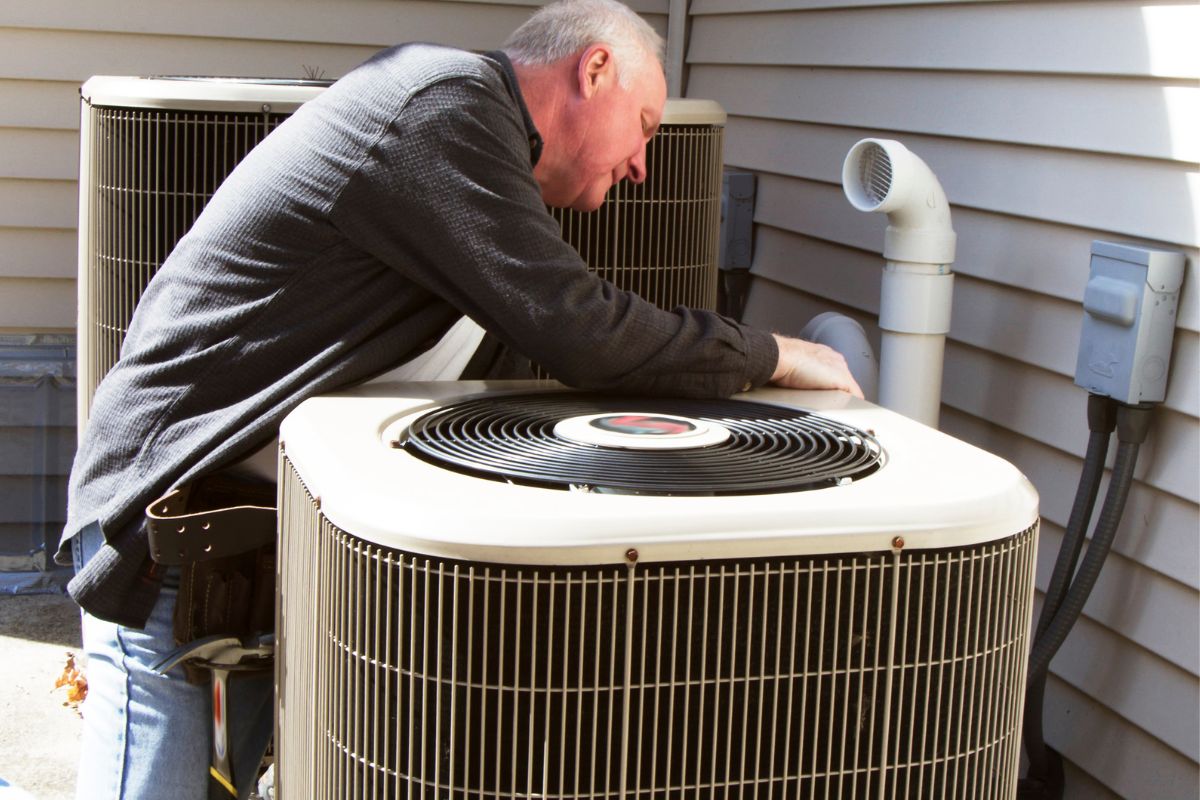

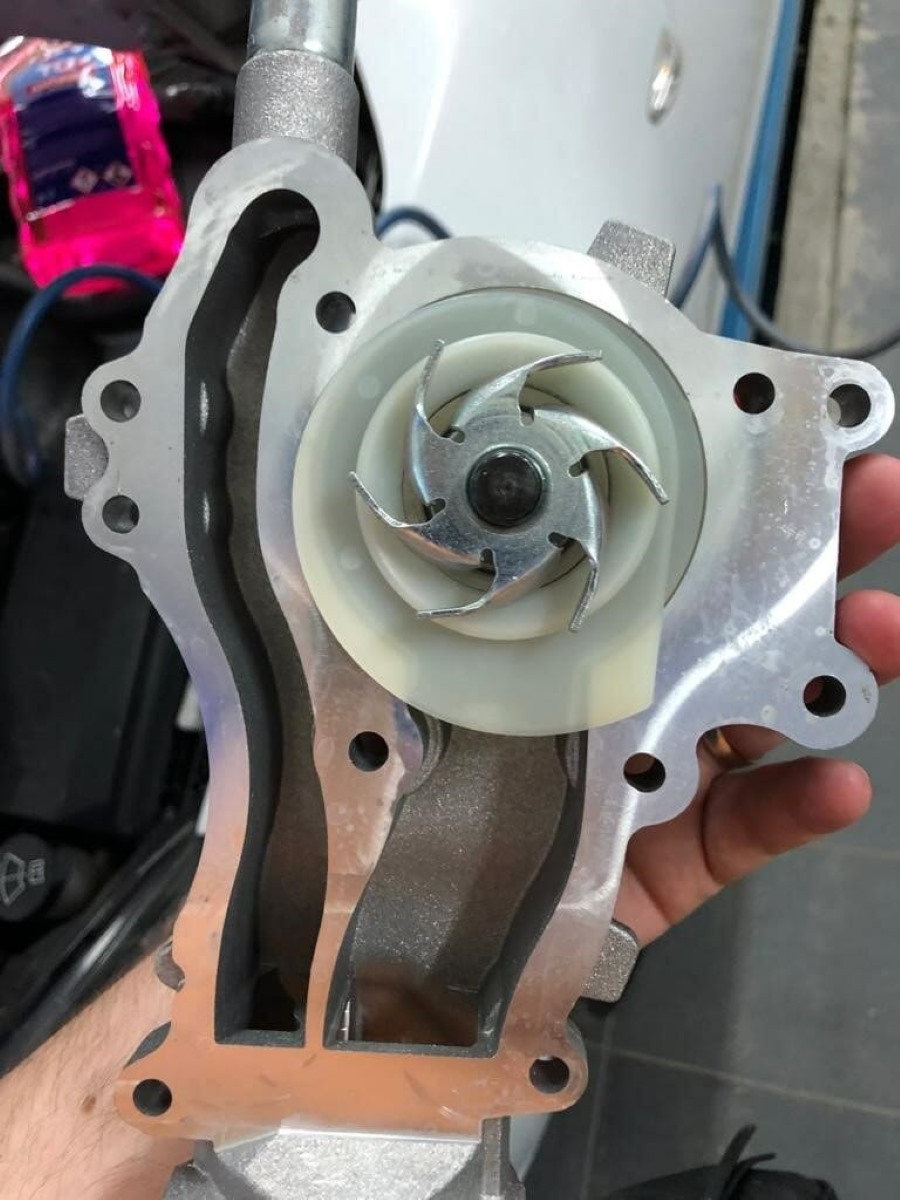
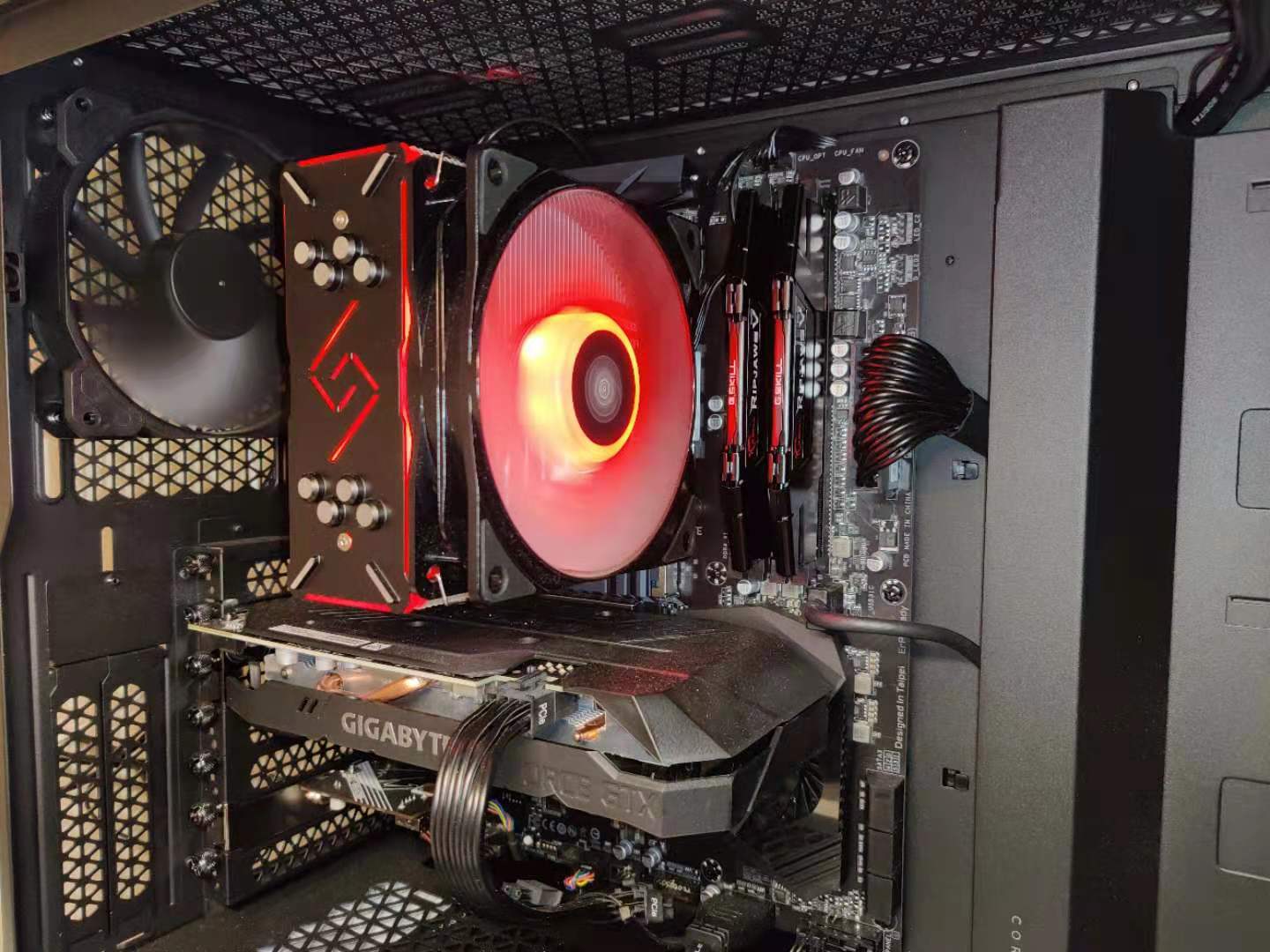

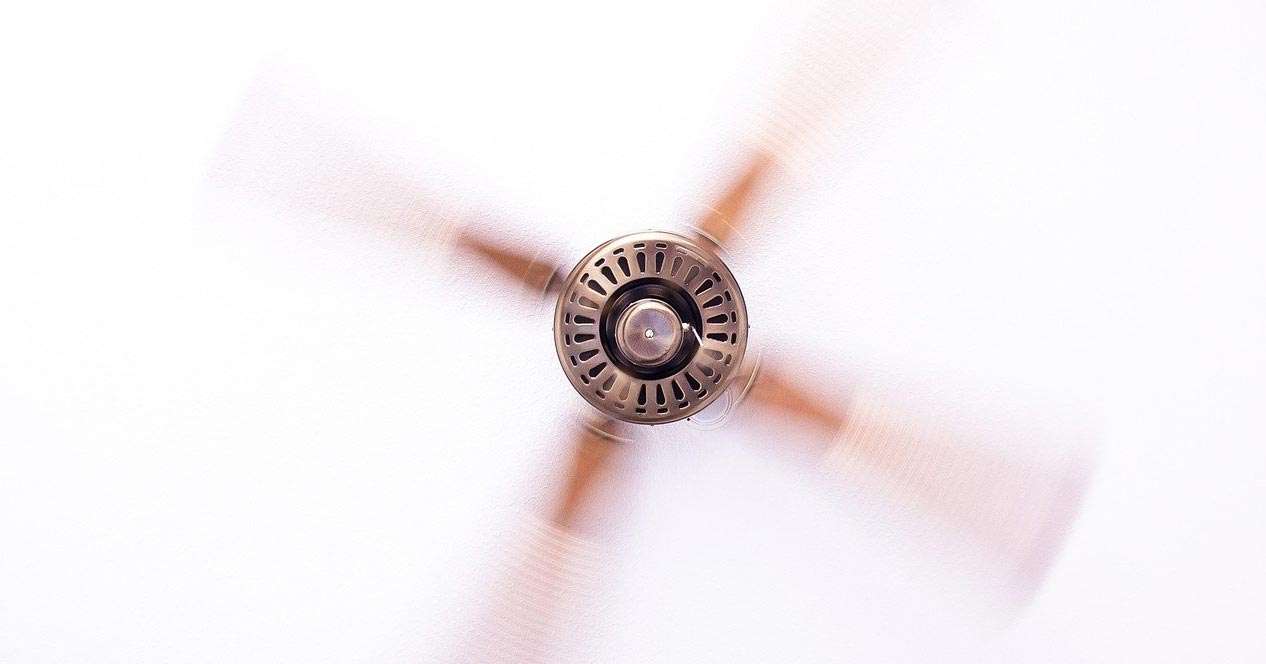
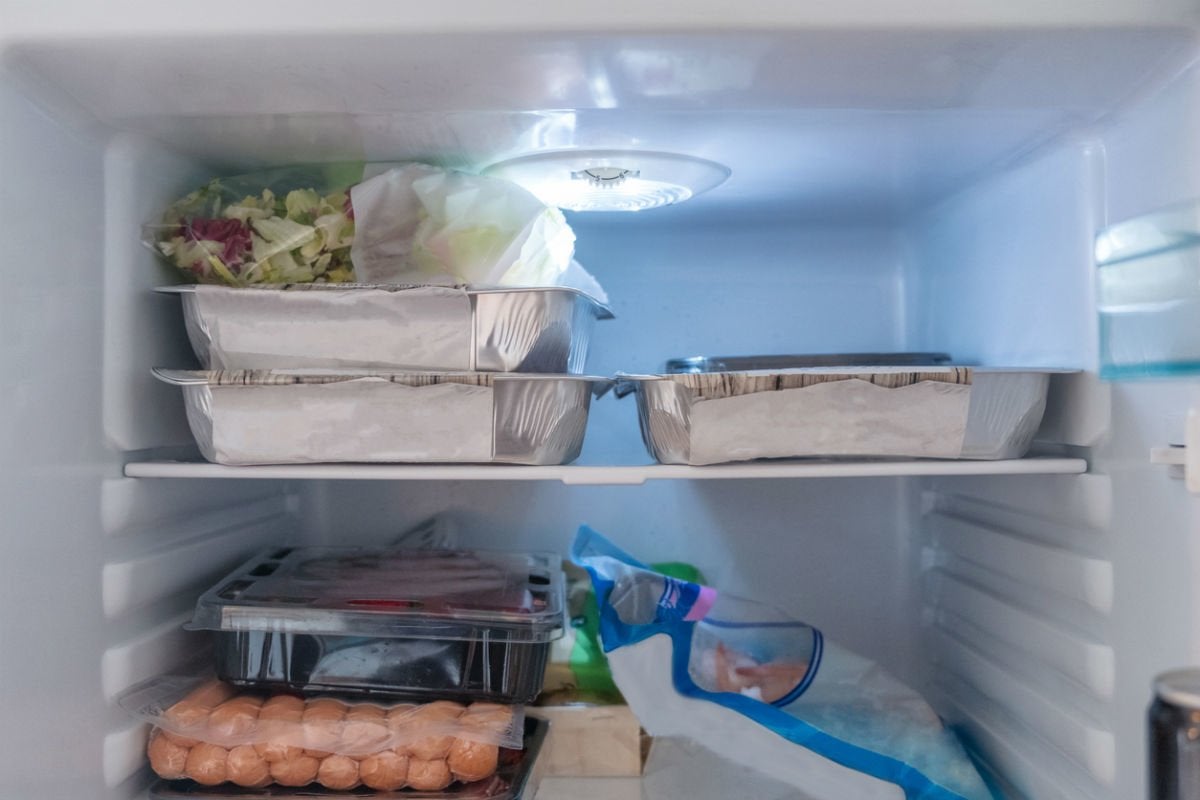
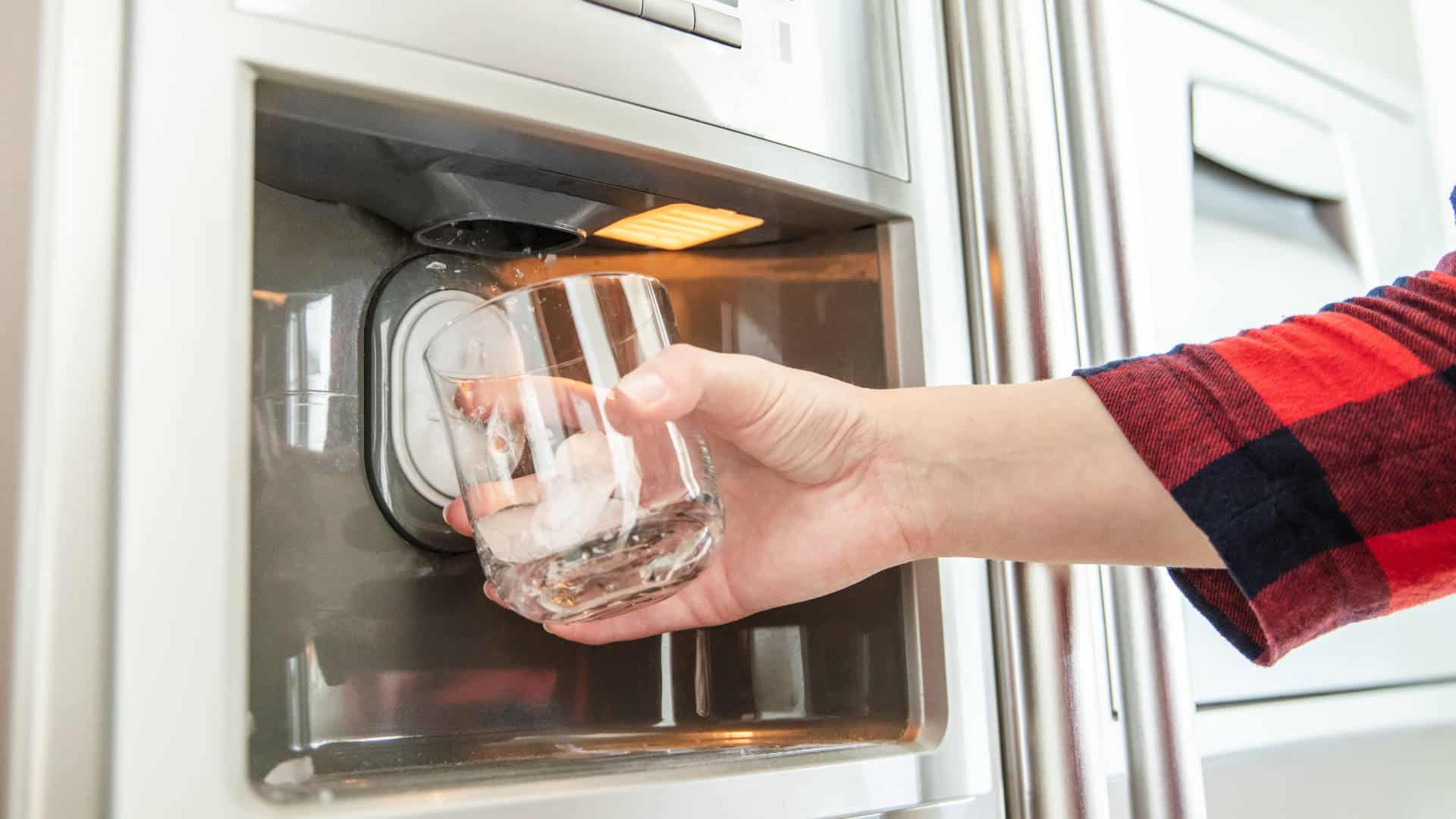
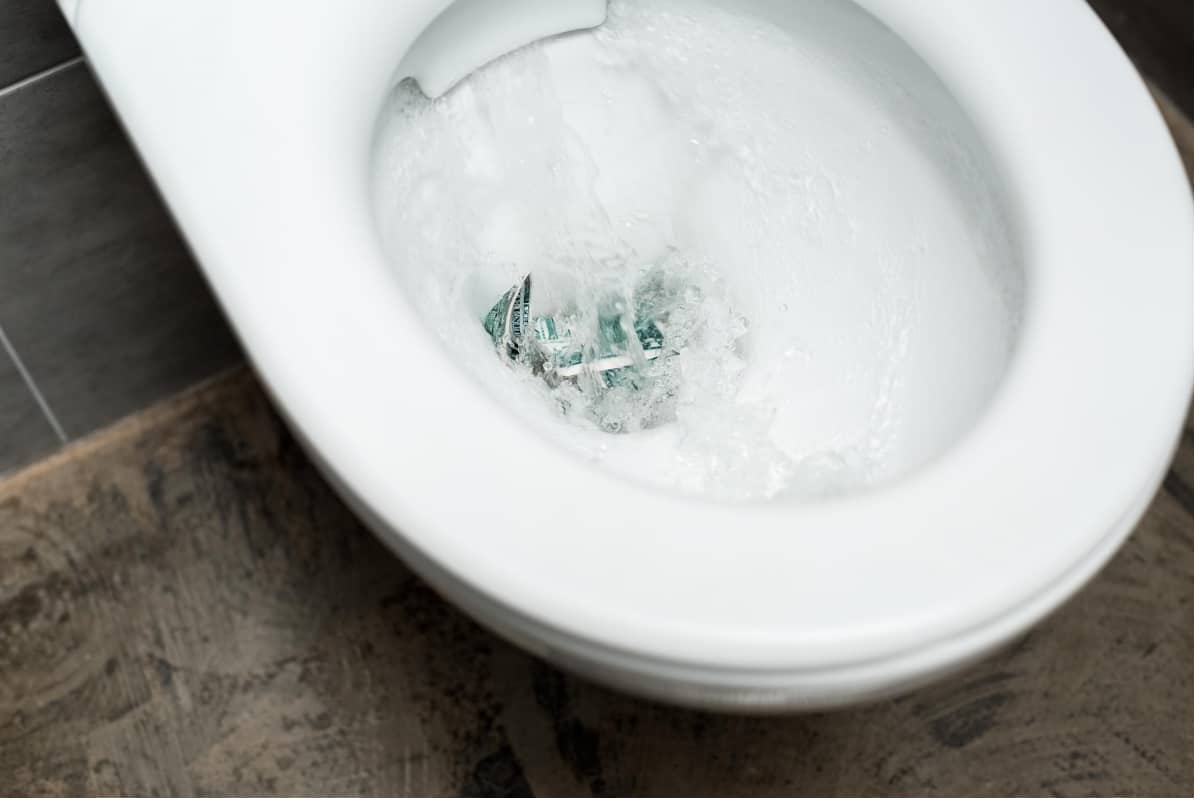

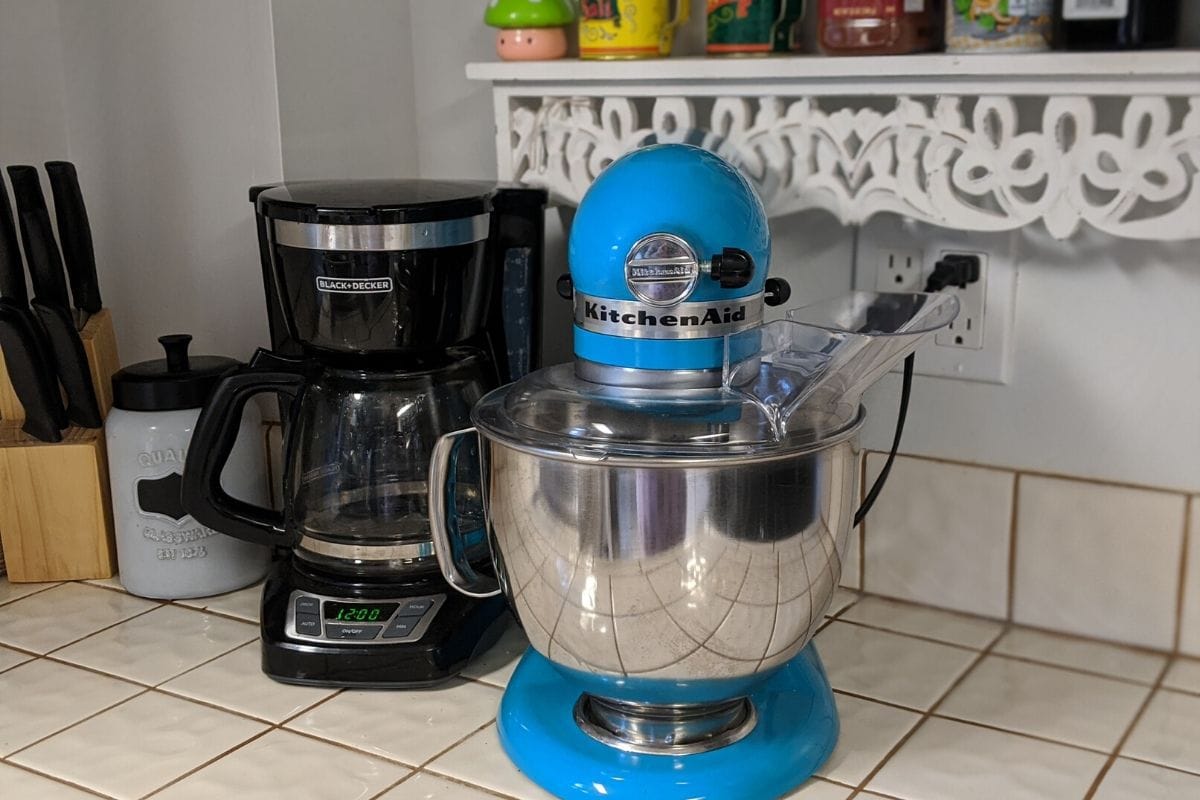
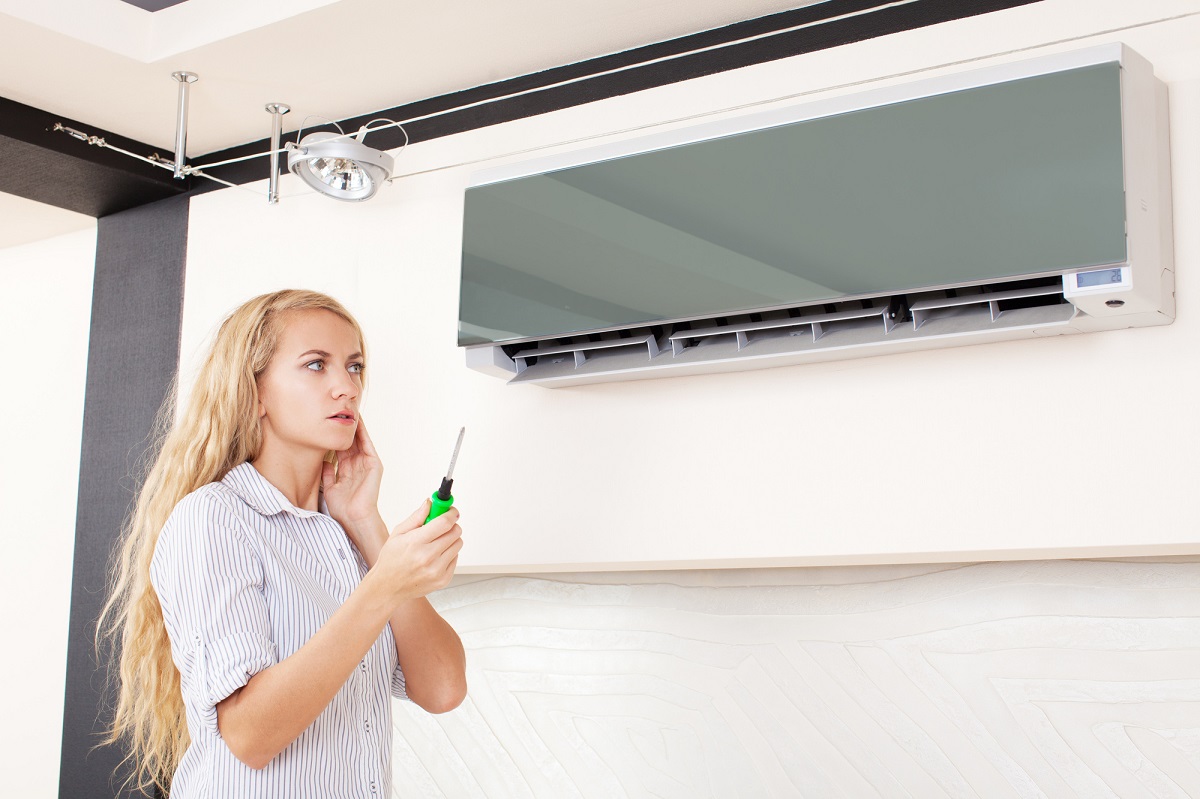
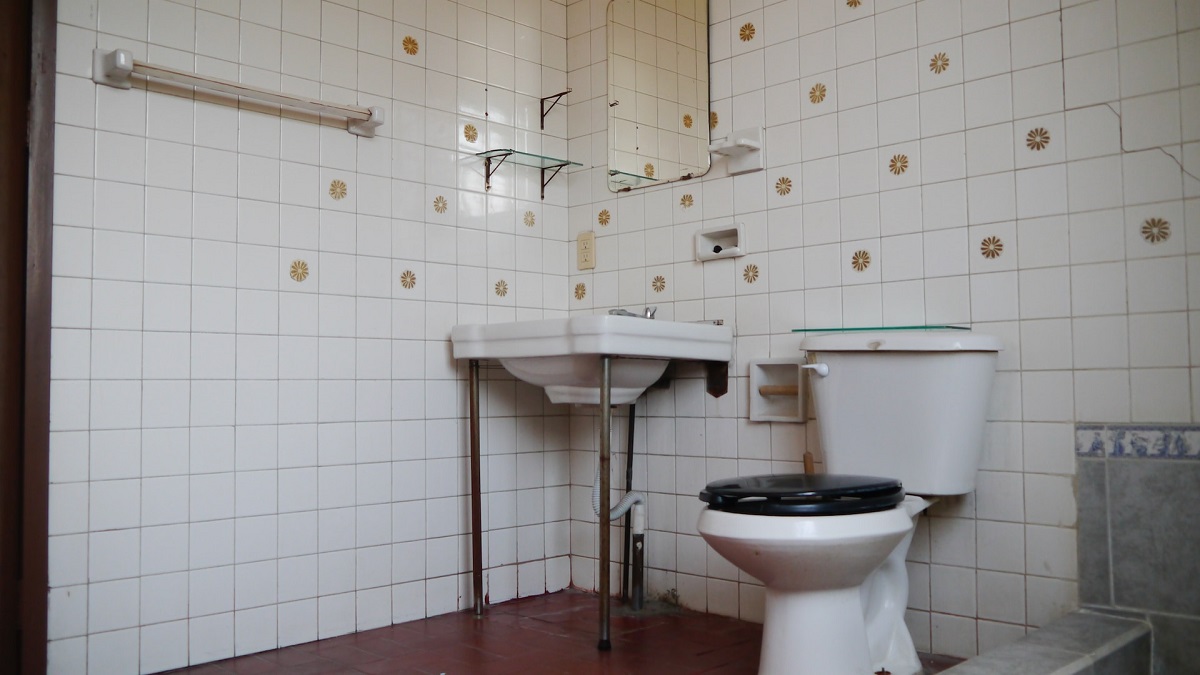
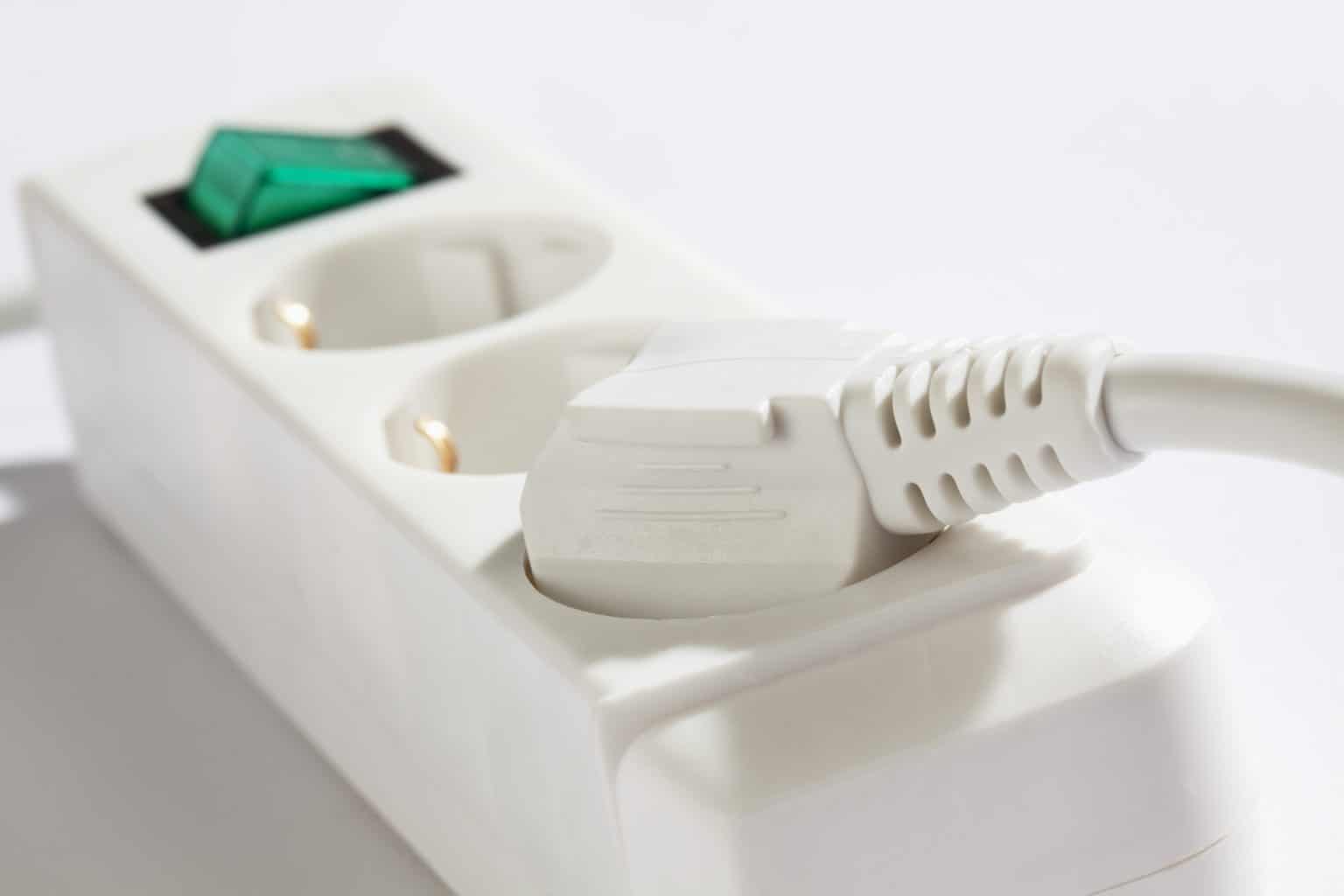

0 thoughts on “Why Is My Rice Cooker Making Popping Noises”